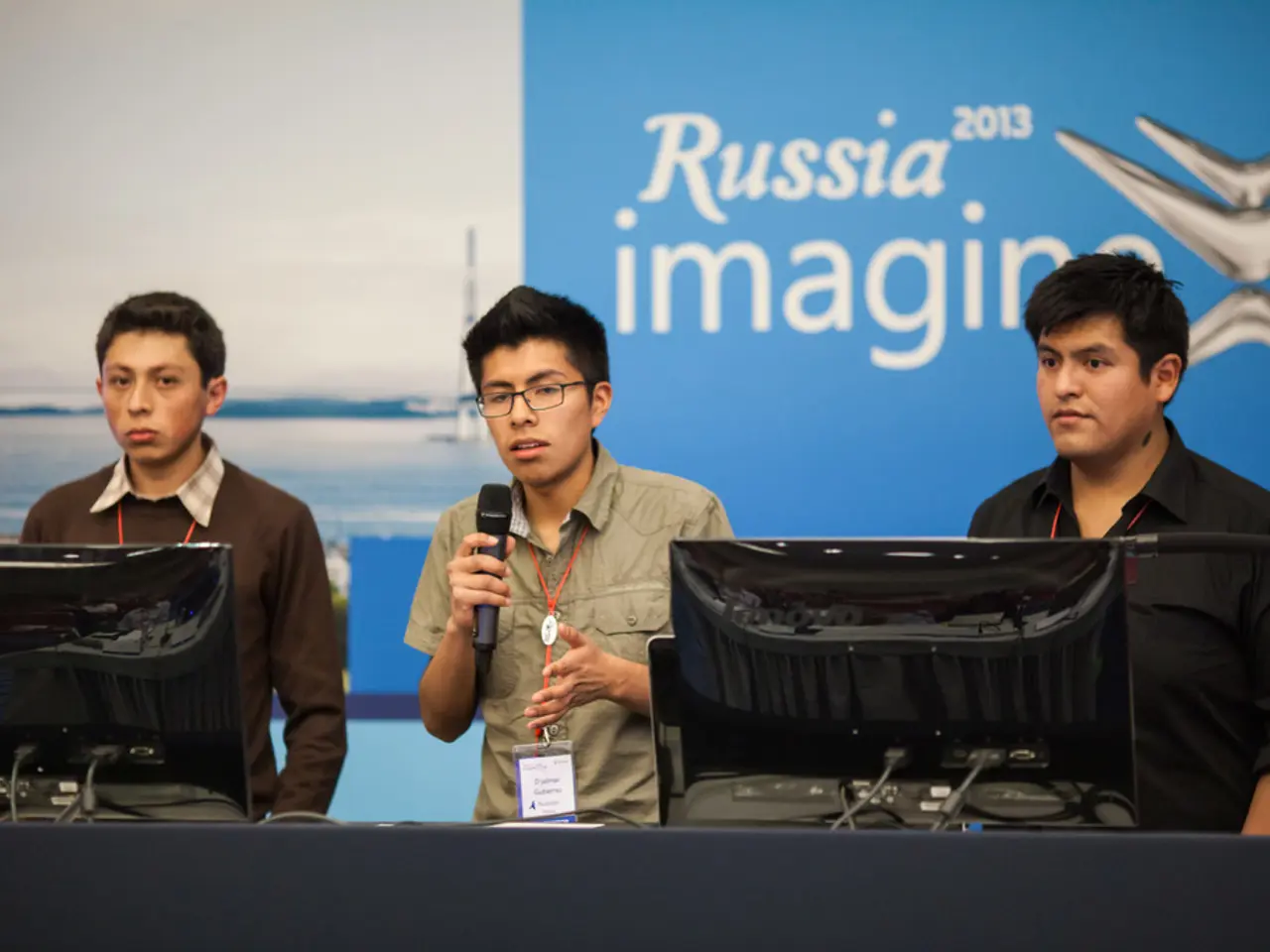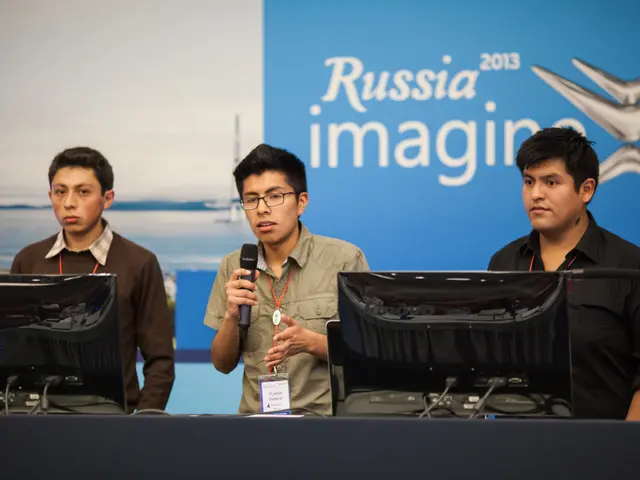Russia faces EU restriction on LNG imports beginning 2027 due to new sanctions
The European Union (EU) is taking decisive action to end the conflict in Ukraine, with representatives from EU countries set to discuss sanctions proposals over the next few days. The proposed measures aim to deprive Moscow of the means to wage war, as Russia is financing the war in Ukraine through revenues from the sale of fossil fuels.
The EU's new sanctions package includes plans to prohibit transactions with Russian banks, list over 100 ships in the Russian shadow fleet for circumventing energy sanctions, and ban these ships from docking in EU states' ports or being insured, financed, or equipped by European companies. This will affect around 560 ships in total.
The EU has already imposed import bans on Russian energy carriers such as coal and oil, but gas sanctions have yet to be implemented due to dependencies. However, countries like Germany and France, along with Nordic and Eastern European countries, have advocated for a very robust new sanctions package.
The ban on imports of liquefied natural gas (LNG) from Russia to the EU is set to come into effect at the beginning of 2027, a year earlier than previously planned. More than half of Russia's gas to the EU comes as LNG and via the pipeline Turkstream. Hungary, Slovakia, and Greece are still importing Russian pipeline gas through the Turkstream pipeline as of early 2025 and could be affected by the planned EU import bans.
The new sanctions package also includes measures against the Russian credit card system (Mir) and the quick payment system SBP, as well as denying further banks from Russia and friendly countries access to the EU capital markets.
Strengthened action against the use of cryptocurrencies is planned due to their use in circumventing existing sanctions. The EU Commission's current concept also plans for the gradual phasing out and complete end of gas imports from Russia by the end of 2027, and a full import ban on oil was also planned by the end of 2027.
This includes certain chemicals, building materials, services in the field of artificial intelligence, and trade restrictions against further companies from countries such as China and India.
US President Donald Trump has recently expressed great frustration with Putin's course and has offered the Europeans the prospect of participating in new sanctions against Russia if they completely stop energy purchases from Russia. For the punitive measures to be adopted, all 27 EU countries must agree - only the energy import stop could be adopted by a majority decision.
EU High Representative for Foreign Affairs, Kaja Kallas, stated that Europe seeks peace for Ukraine, but despite weeks of diplomatic efforts, Russia is only escalating its aggression and violating the borders of the EU. The EU is increasingly concerned about the threat from Russia due to new heavy air strikes on Ukraine, and they view this as a sign that Kremlin leader Vladimir Putin is not ready to engage with US President Donald Trump's peace initiative.
A difficult negotiation process is once again expected, especially since some countries like Hungary are critical of all new sanctions. The EU Commission is proposing a significant tightening of sanctions against Russia due to the Ukraine War.
Read also:
- Potential Consequences of Dismantling FEMA Vary Across States
- Puerto Rico's Climate Lawfare Campaign experiences another setback with the dismissal of its deals.
- "US Wind criticizes the Trump administration's decision to abandon the Delmarva offshore wind farm project, accusing it of being politically driven"
- Putin's Struggle to Hang On to His Outer Regions








